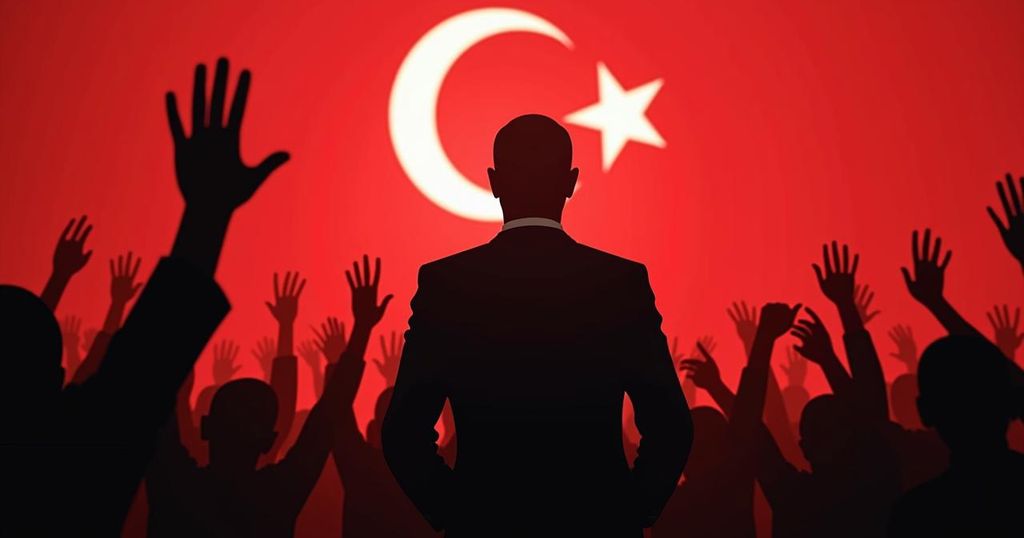Presidential Election in Tunisia: President Kais Saied’s Path to Victory

Tunisian President Kais Saied is poised for an easy electoral victory due to the lack of viable opposition and a repressive political environment. His leading challenger is imprisoned, and many potential candidates face similar fates, raising concerns about the state of democracy in Tunisia, which has drifted from its Arab Spring ambitions.
In an atmosphere of resignation and foreboding, President Kais Saied of Tunisia is expected to secure an overwhelming victory in the upcoming presidential election scheduled for Sunday. The election process, however, appears markedly devoid of the democratic vigor that characterized the nation’s initial post-revolution period. Currently, electoral campaigning is non-existent, evidenced by a conspicuous absence of candidate posters and public debates, leading many Tunisians to question the relevance of the election itself. President Saied’s principal opponent is currently imprisoned, facing what his legal team categorizes as spurious charges, one of which could lead to a lengthy imprisonment of twelve years. Additionally, a significant number of other potential candidates face similar fates, either being incarcerated, placed under house arrest, or outright disqualified from participating in the electoral process. After a decade since the protests that overthrew the longstanding dictator Zine El-Abidine Ben Ali and sparked the Arab Spring, the hope for genuine democracy has dulled significantly among the Tunisian populace. President Saied’s systematic crackdown on dissenters, coupled with his increasing consolidation of power, casts a shadow over the prospects for democratic governance in the country. As observed by Souhaib Fercheche, a prominent campaigner at the civic organization I Watch, “He’s willing to do anything it takes to stay in power — dividing Tunisians, prosecuting them, accusing them.” Such sentiments reflect a broader disillusionment with Tunisia’s political trajectory, highlighting the stark contrast between the aspirations of the 2011 revolution and the current political reality under Saied’s regime.
Tunisia, once hailed as the beacon of democratic hope following the Arab Spring, is witnessing a regression to authoritarianism under President Kais Saied. His ascent to power has been marked by a series of aggressive tactics against political opponents, including their imprisonment on dubious charges. The current electoral environment, stripped of competitive candidates and substantive dialogue, raises concerns about the integrity of the democratic process in a country that became a symbol of the fight against dictatorship in the wake of the 2011 protests. The international community, which had previously viewed Tunisia as a success story, now observes with apprehension as the principles of democratic governance appear increasingly threatened.
In summary, the imminent presidential election in Tunisia is marked by a profound sense of inevitability regarding President Kais Saied’s victory. The lack of viable opposition candidates and the pervasive atmosphere of repression have significantly undermined the democratic ideals once cherished by Tunisians. As the nation reflects on its tumultuous journey since the 2011 revolution, the realization that democratic aspirations have been thwarted grows more palpable, casting doubt on the future of political freedom in Tunisia.
Original Source: www.nytimes.com






